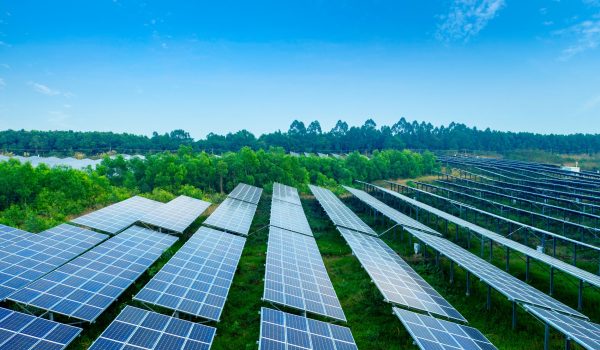Joint Position on the Revision of WEEE Directive
The WEEE directive entered into force in 2012 for environmentally sound management of e-waste and was a first step towards a circular economy model. However, since the entry into force of this directive, the challenges in dealing with EEE have grown and considerable technical developments have taken place
European environmental organisations, including the EEB, RREUSE, Environmental Action Germany, and ECOS, argue that the current directive is no longer suitable. They urge for the WEEE directive to be quickly revised, expanded, and updated. Specifically, they believe that the main focus on end-of-life throughout the directive is no longer appropriate. Furthermore, it is recommended to consider a conversion of the WEEE directive into a WEEE Regulation, since a regulation comes into force immediately, is more legally binding and ensures more harmonised rules throughout Europe.
In this position paper, the organisations present 10 recommendations for the European Commission.
Other relevant publications
The role of extended producer pesponsibility (EPR) in the energy transition
Analysis of the implementation of EPR for batteries in electric vehicles, solar panels, and wind turbines
Report collection for reuse at recycling centers
This report analyzes pilot projects in the municipalities of Amersfoort and Zwolle aimed at promoting the reuse of electrical appliances through recycling centers.







